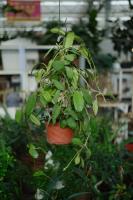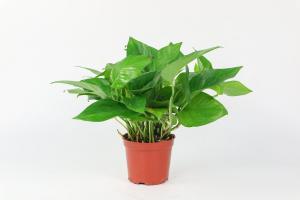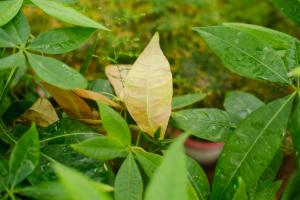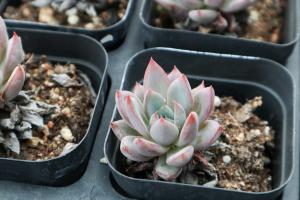Camellia clip, quickly develop old pile
There are several grafting methods of Camellia. Huahua introduces the card grafting method to you. Compared with other grafting methods, the survival rate of the card grafting method is very high and easy to operate. It allows you to quickly develop Camellia into an old pile. Come and see what you do

1. Prepare rootstock
Grafting is divided into scion and rootstock. What is grafted is rootstock. Huahua introduced here is to use strong fragrant Camellia as rootstock and cut off the top branches of strong fragrance
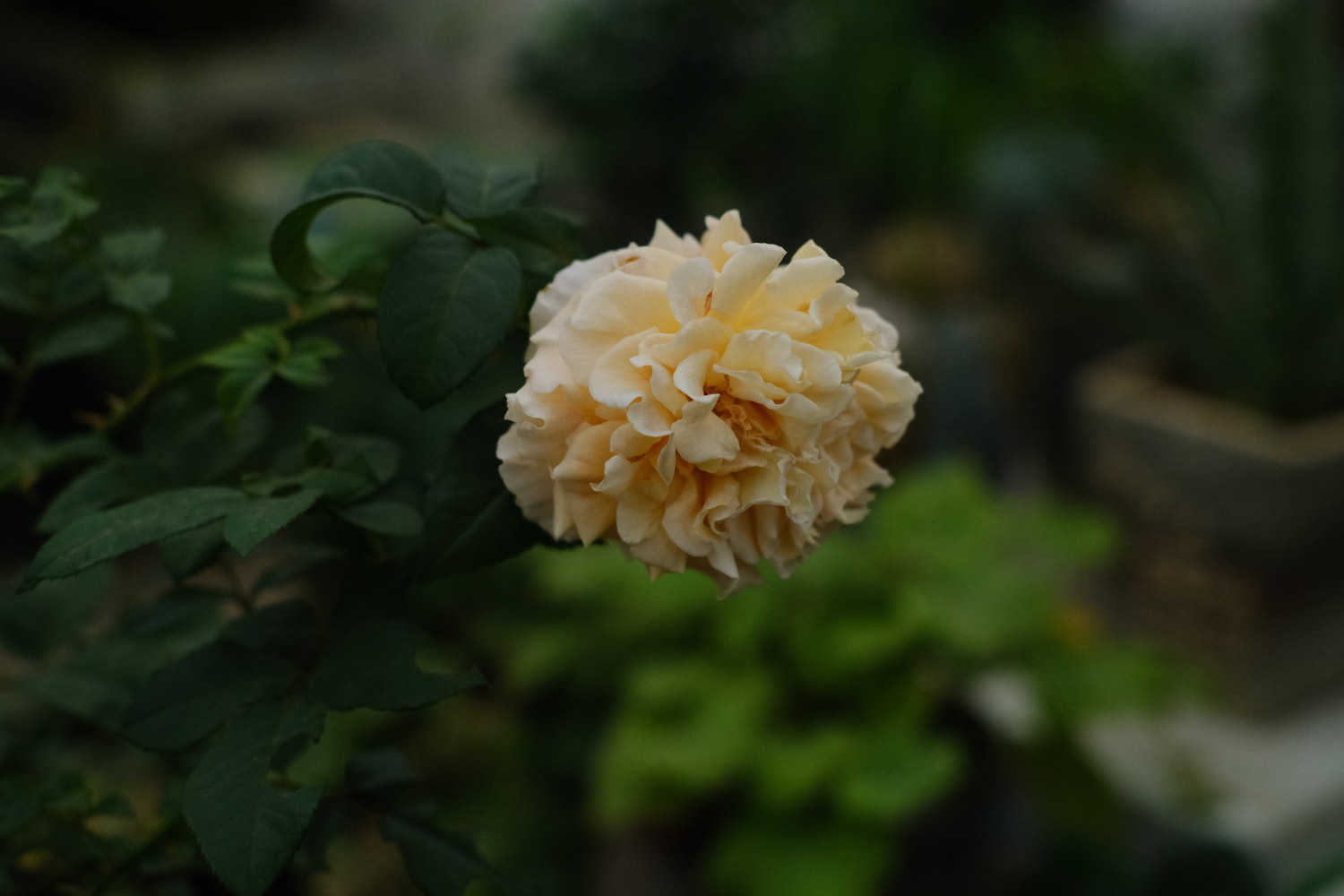
2. Dig a small groove in the rootstock
Dig a small groove 3 cm long on the rootstock. The shape is shown in the figure below. The size of the groove should be able to put the stem of Camellia seedlings. Camellia seedlings also need to remove half of the bark, which can coincide with the small groove
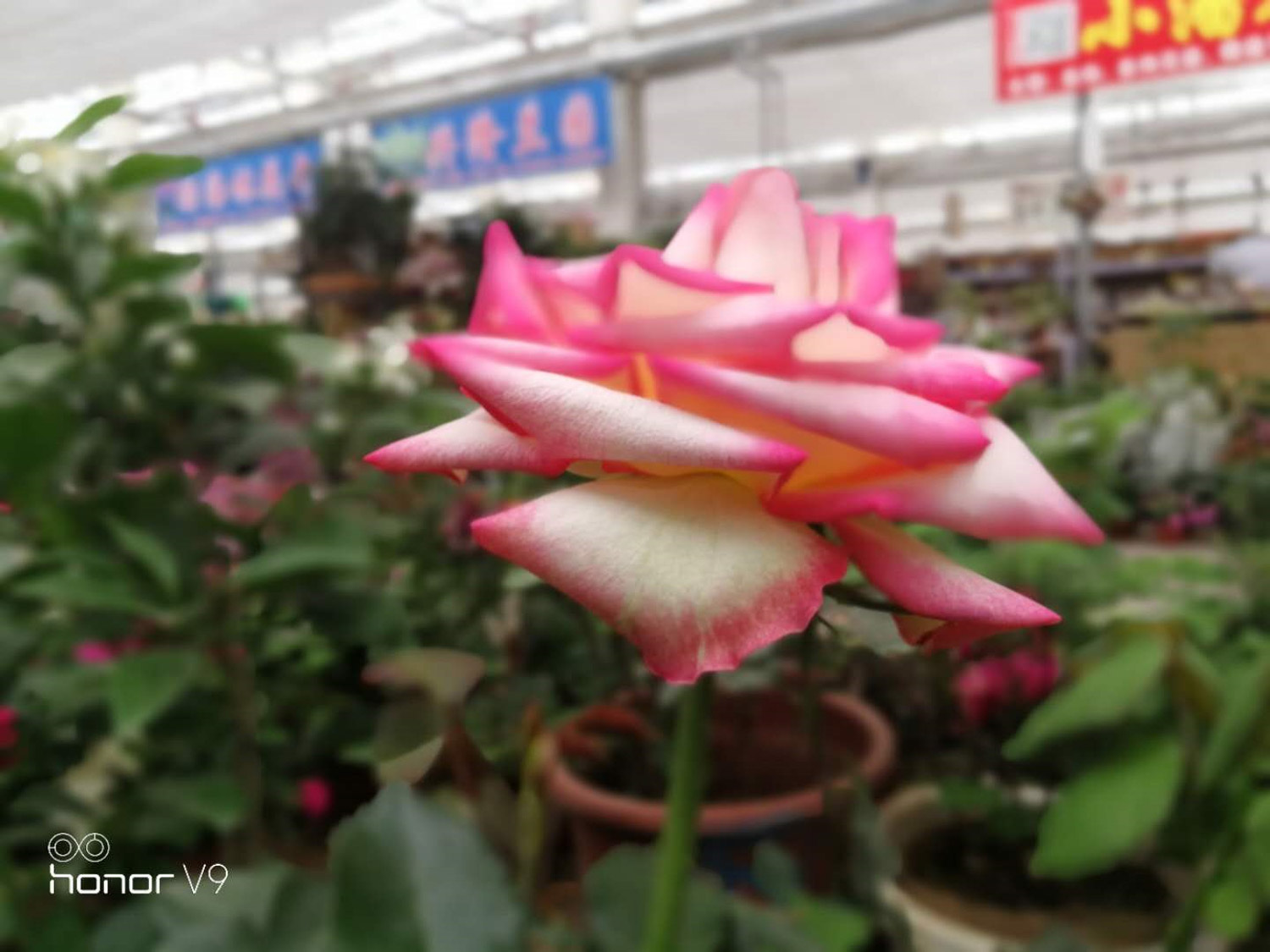
3. Clip the seedlings into the slot
As shown in the figure, put the seedlings into the small groove
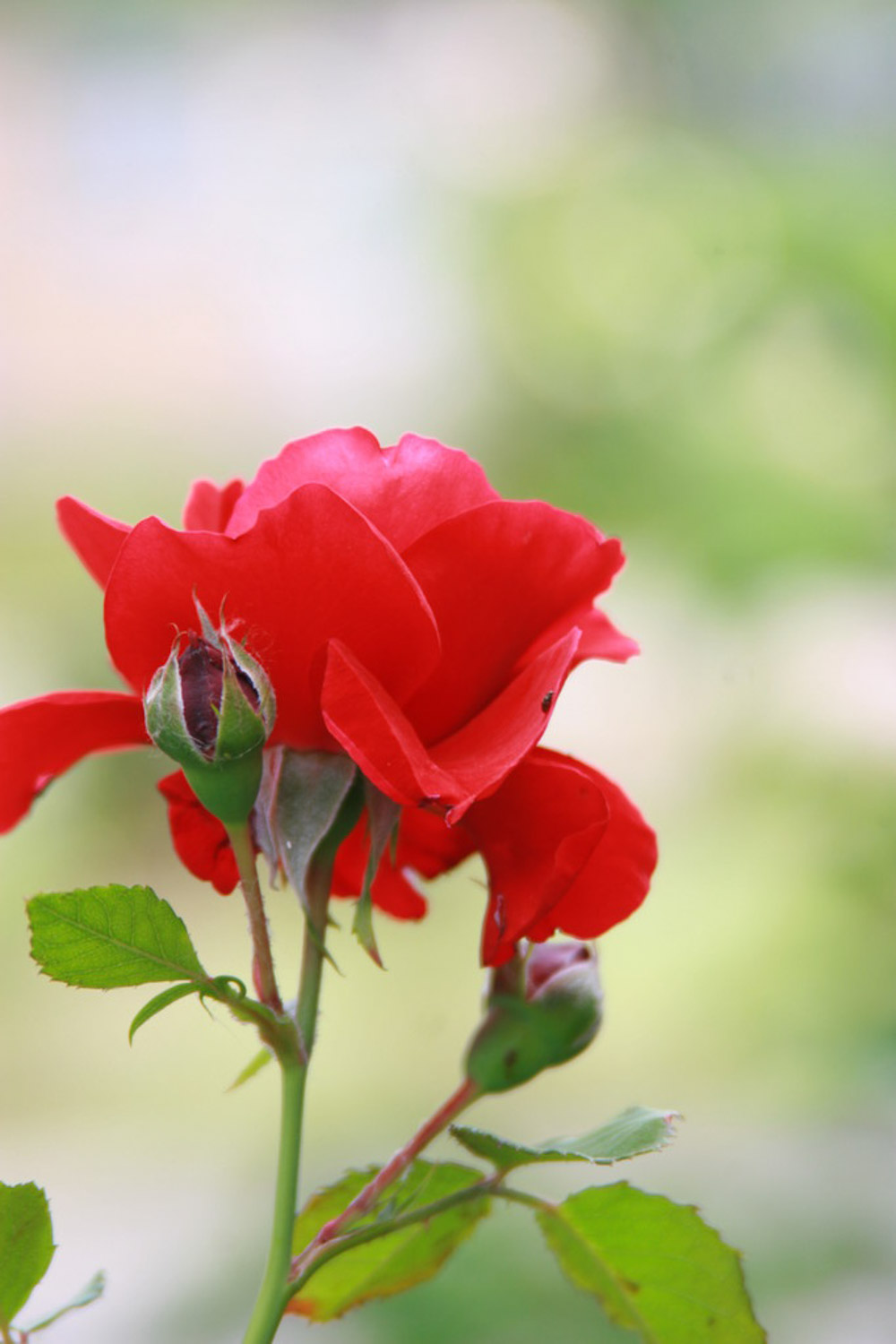
4. Fix the seedling in the card slot
Find a black tape and stick a circle on the part where the seedlings are stuck with the small groove to fix the seedlings on the rootstock. If there is no black tape, it can also be tied with plastic bags or ropes
Several cuttings can be grafted on one rootstock. If the diameter of the rootstock is 1-2 cm, one scion can be grafted; If the diameter of rootstock is 2-3cm, two scions will be grafted, and so on
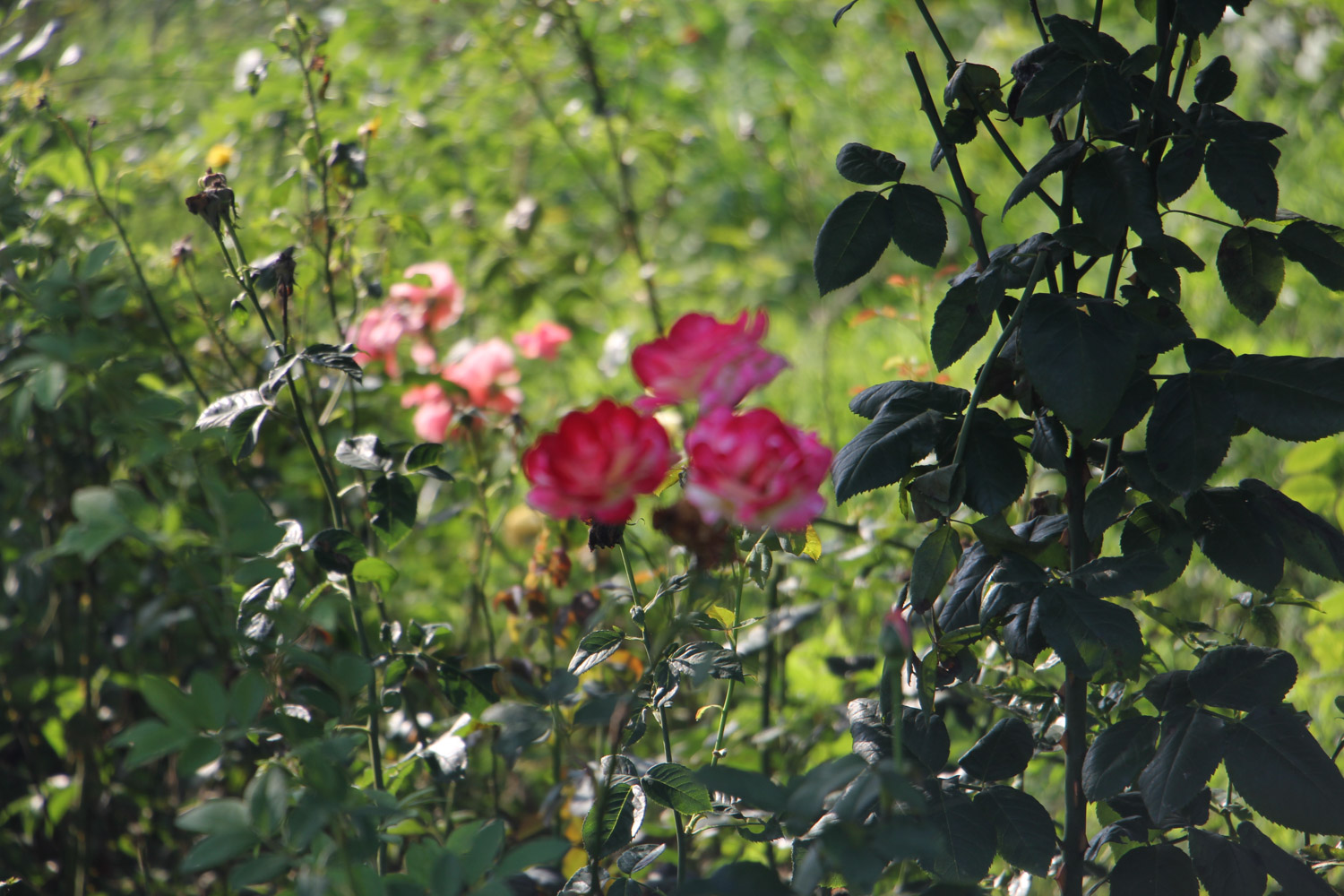
5. Make high earth
After the camellia seedlings used here are clamped, the roots are on the surface of the rootstock basin. Therefore, a bottomless plastic flowerpot or culture cup can be used to cover the roots of the seedlings and fill the soil
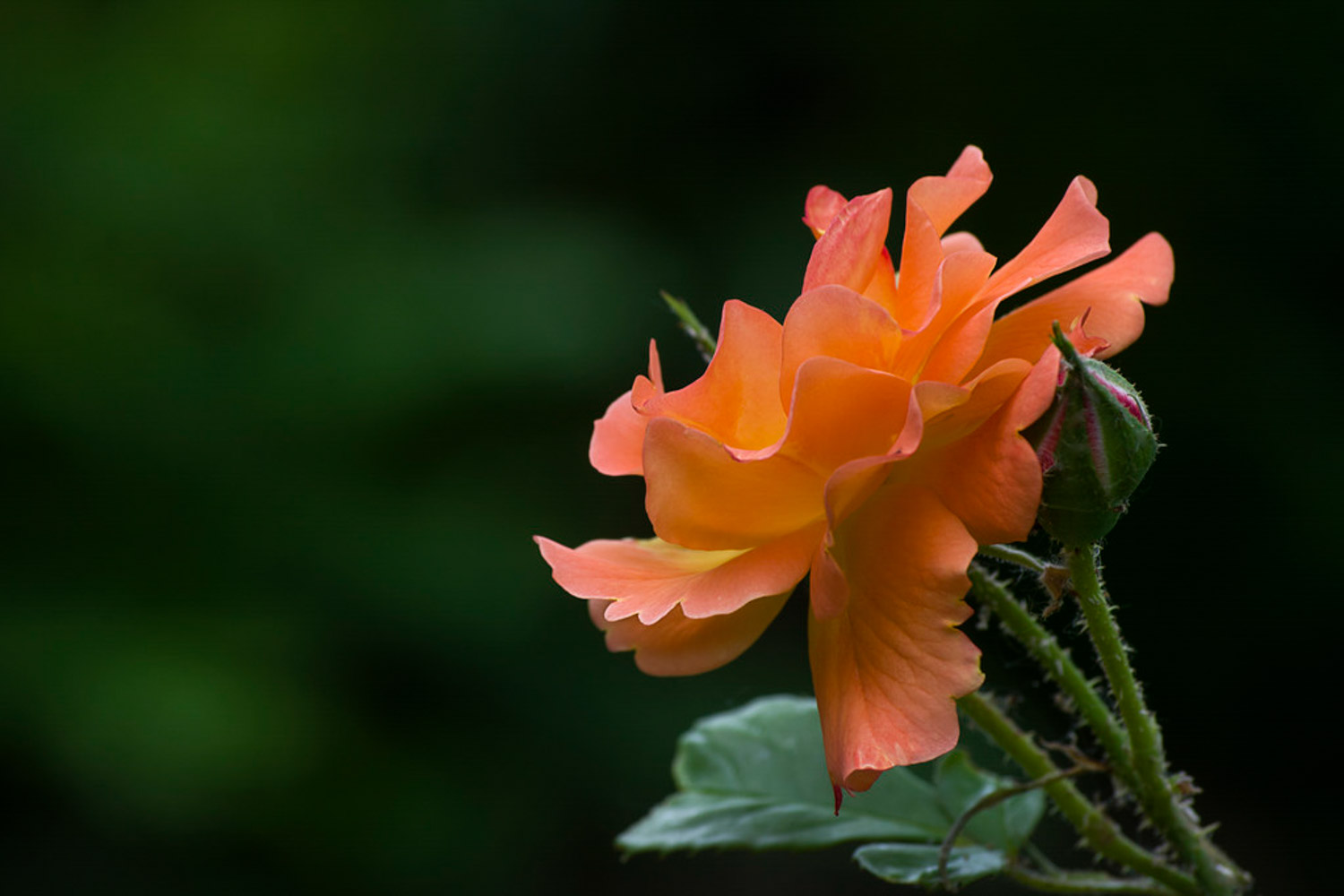
6. Half a year later, the seedlings were cut
Camellia grafting, usually after half a year, the scion will be integrated with the rootstock. Patient flower friends can wait 8-9 months before cutting the seedlings and separating them from the rootstock

7. Remove the black tape
After cutting the seedlings, you can take off the black tape, and you can see that the seedlings and rootstocks are completely growing together. In this way, you get a big seedling of Camellia
From the side

From above

Rose budding, one can bloom 100 colors
Do you want 100 colors of flowers on a rose? Then learn the budding method from Huahua, which is simple and easy to survive
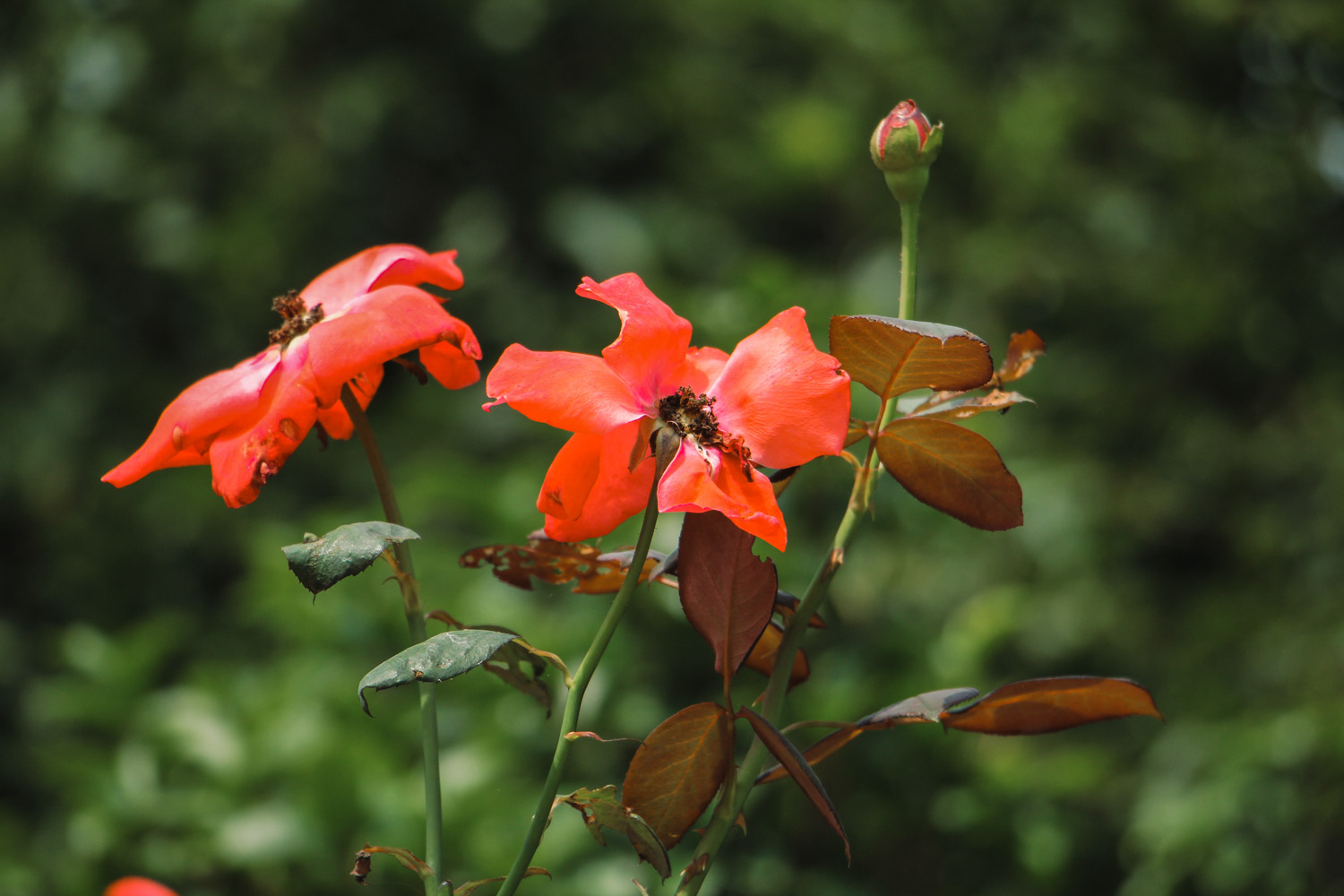
1. Cut off robust leaf buds
Find a strong and plump leaf bud and cut it down from 1cm above the leaf bud with a knife, about 3cm and 3mm thick
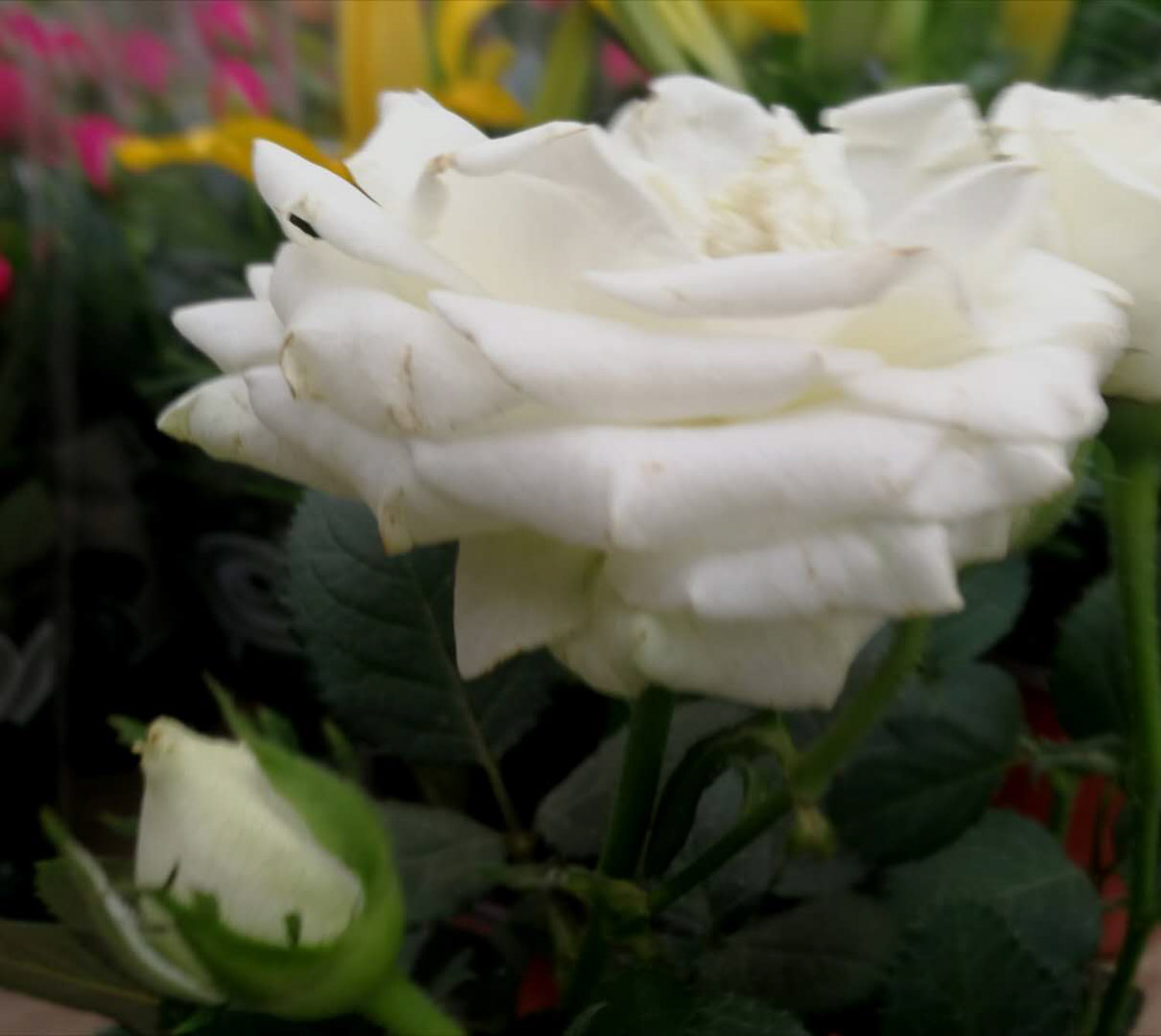
2. Soak in water
Soak the cut leaf buds in clear water or wrap them with a wet towel to reduce water evaporation

3. Cut a knife on the rootstock
Use a knife to cut a branch of the rootstock, which is 3mm thick and 3cm long. Be careful not to cut it all, leaving a small piece of skin at the bottom
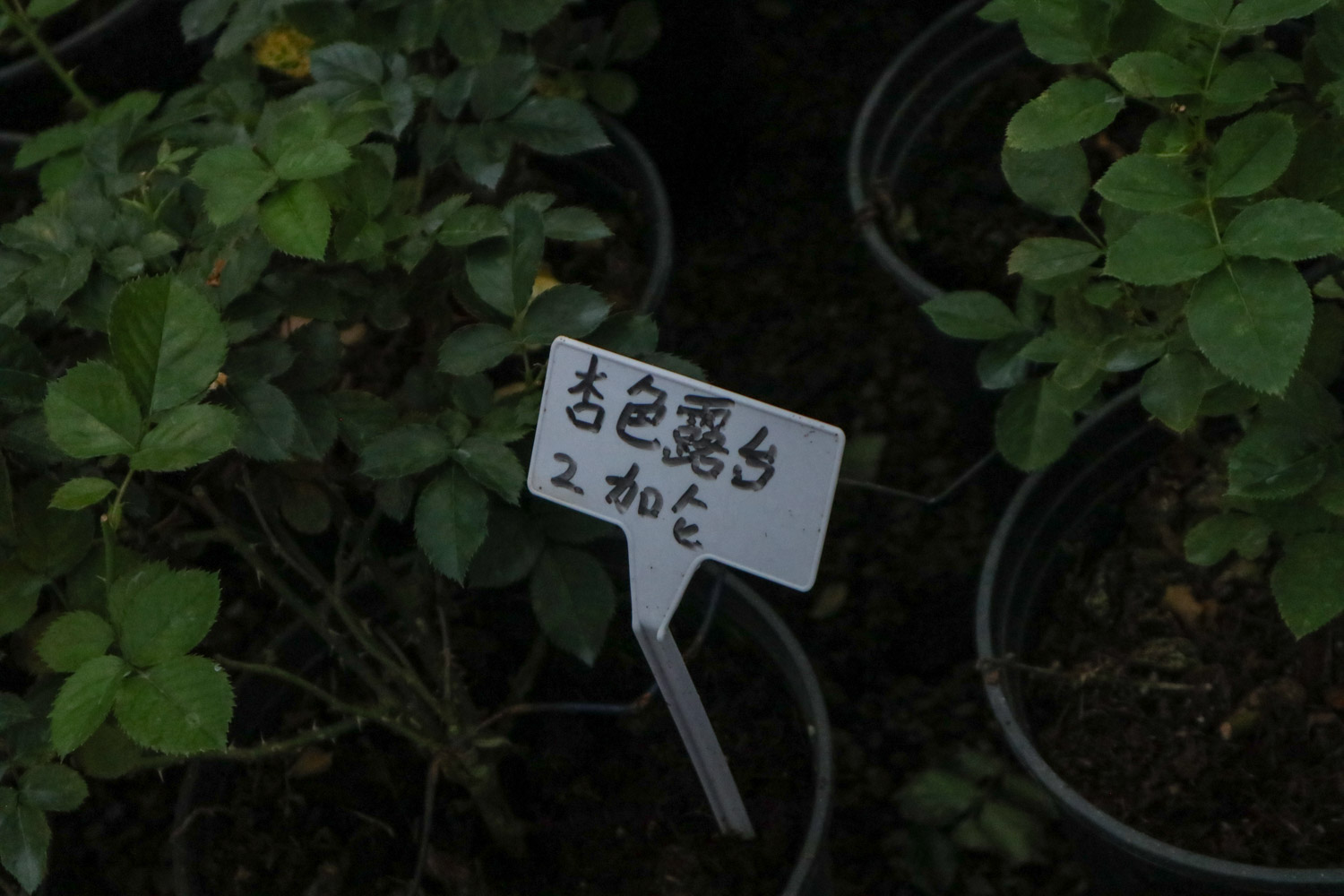
4. Insert leaf buds into rootstock
As shown in the figure below, insert the leaf buds into the Rootstock to expose the leaf buds

5. Tie the leaf buds
Tie the leaf buds to the rootstock with a plastic bag. First stick the rubber strip from bottom to top, and then stick it again from top to bottom. Don't stick it too tightly. The leaf buds should be exposed. This is the procedure of budding. It's super simple
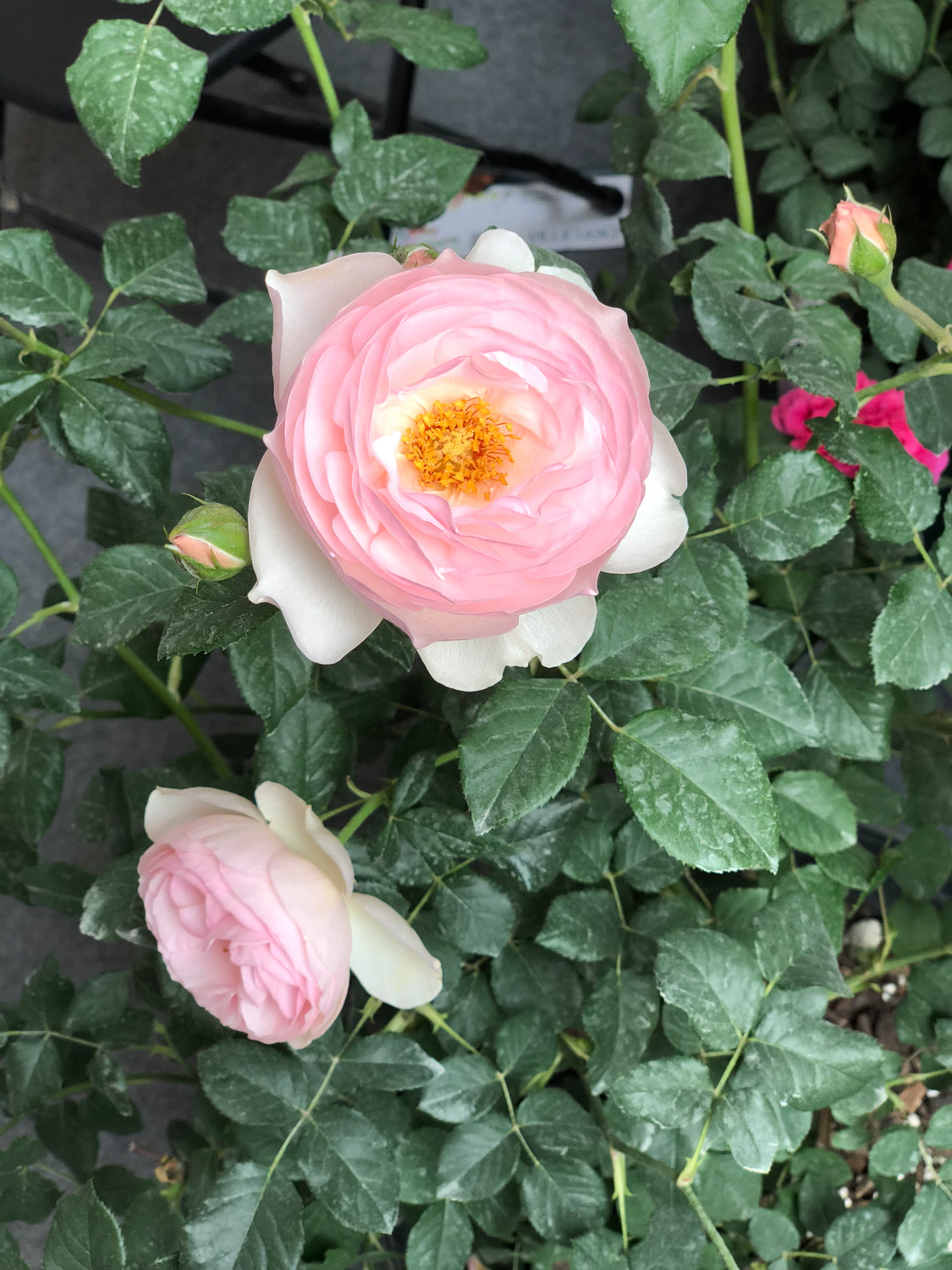
6. 10-15 days survival
The survival of rose bud grafting is super fast. Generally, it will survive after 10-15 days. The leaf buds become one with the rootstock. The longer the leaf buds are, the bigger! It's no exaggeration to graft roses of different colors together and let a rose bloom 100 colors
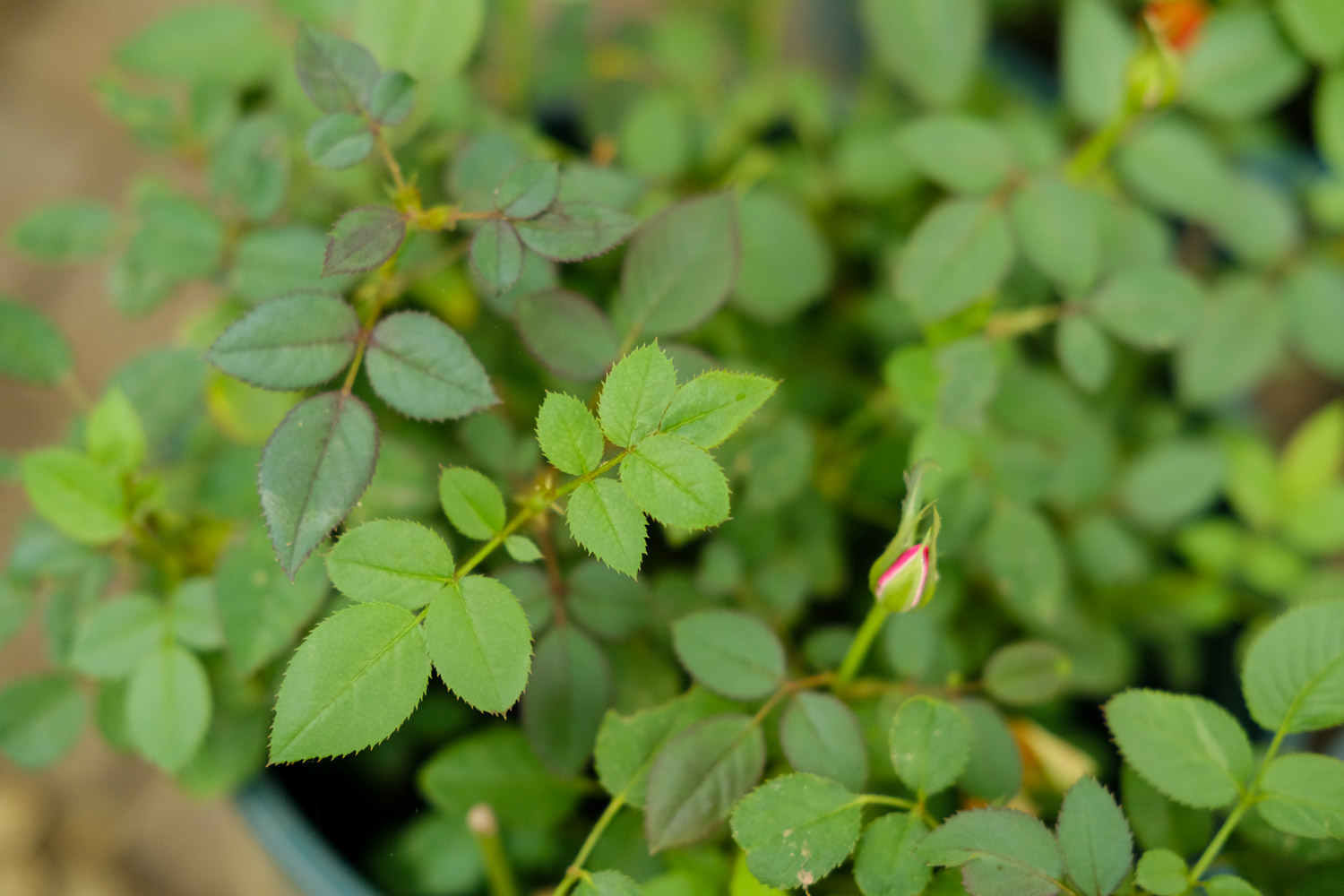
About grafting
Huahua, let's stop here first
Isn't grafting difficult at all
Try it quickly
If you think Huahua's method is good
Just share it with your friends

 how many times do yo...
how many times do yo... how many planted tre...
how many planted tre... how many pine trees ...
how many pine trees ... how many pecan trees...
how many pecan trees... how many plants comp...
how many plants comp... how many plants can ...
how many plants can ... how many plants and ...
how many plants and ... how many pepper plan...
how many pepper plan...